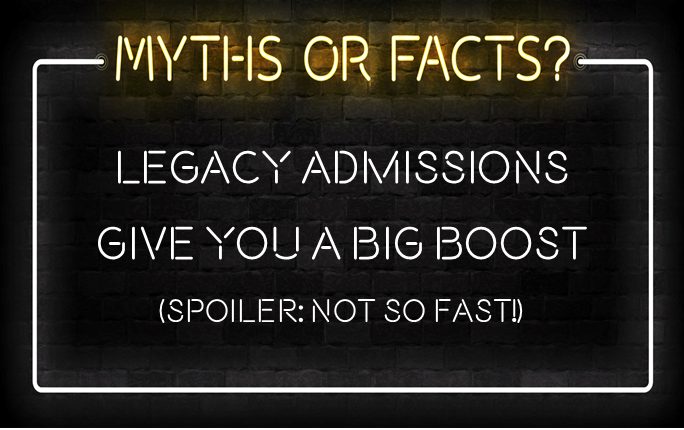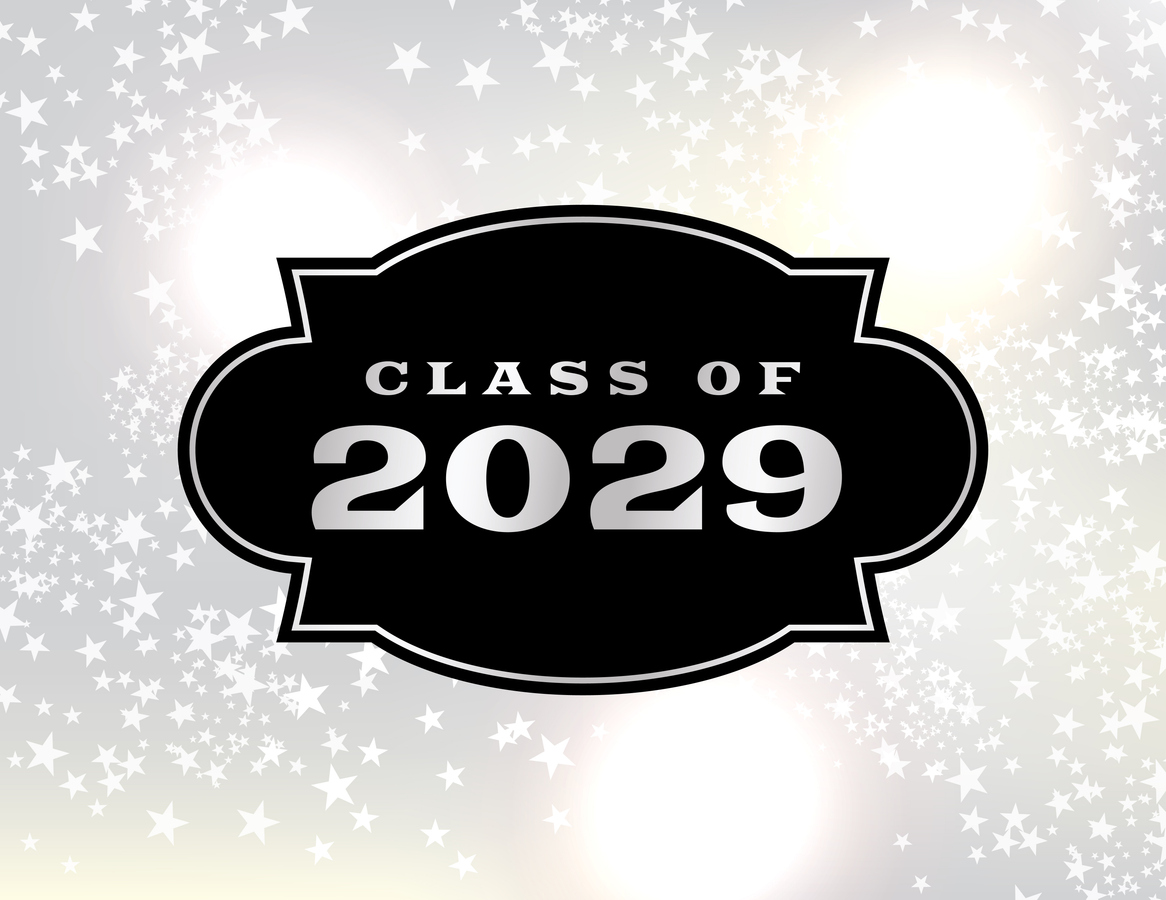
Real Talk #3: Myths in College Admissions
By
AtomicMind Staff
June 27, 2025
•
2
min read
Share this Article
Simply highlight text to share on social or email
Myth #3: Legacy Admissions Give You a Big Boost (Spoiler: Not So Fast)
Every year, students wonder: “Do I have a shot if my parents didn’t go to Harvard?” Or, conversely, “Since my dad went there, I’m in, right?”
Legacy admissions—that is, giving preference to children of alumni—remains one of the most confusing, controversial, and poorly understood aspects of college admissions. Many believe it’s mostly symbolic. Others assume it guarantees admission. The truth? Like most things in college admissions: it’s complicated.
Let’s unpack what legacy status actually means—and how it affects your chances.
What Is a Legacy Applicant?
A legacy applicant is typically defined as a student whose parent (and in some cases grandparent or sibling) graduated from the college they’re applying to. The idea is that these students have a historical connection to the institution and are likely to uphold family tradition.
At many selective colleges, legacy status is still formally considered as a factor in admissions. In fact, a 2018 study by Inside Higher Ed and Gallup found that about 42% of private colleges say legacy status plays at least some role in admissions decisions.
What the Numbers Say
Let’s look at a few examples:
- Harvard: According to a 2023 Forbes article, Harvard’s 2022 general overall acceptance rate was 3.2%, whereas it was a shocking 42% for donor-related applicants and 34% for legacies.
- Notre Dame: According to Bloomberg, Notre Dame reported admitting legacy applicants at nearly two to three times the rate of non-legacies.
- Princeton: While Princeton explains that they reject the majority of legacy applicants (70% according to this article), this means that the legacy admit rate is 30%, much higher than the general 4.5% rate.
It’s worth noting: these are averages, not guarantees. Legacy students still have to be academically competitive. But they are often reviewed with a slightly different lens—and that lens can make a difference. Being a legacy might get your application a second look—but it won’t save a weak academic record or lackluster extracurriculars.
Why Do Colleges Use Legacy Preferences?
There are three main (and often controversial) reasons schools maintain legacy admissions:
1. Yield: Legacy students are more likely to enroll if admitted. Colleges love high “yield rates” because it improves their rankings and stability.
2. Fundraising: The (very flawed) assumption that legacy admits will become future donors, and their families already contribute. Keeping them happy is part of the long game.
3. Tradition and Alumni Relations: Some colleges believe admitting legacies fosters a sense of community and loyalty across generations.
But critics argue that these benefits are marginal—and come at a real cost to equity and access.
What’s the Problem with Legacy Admissions?
In recent years, the legacy advantage has come under serious scrutiny. Here’s why:
- It favors wealthier, often white applicants, because they’re more likely to have parents who attended elite colleges.
- It perpetuates inequality, giving an edge to students who are already more likely to succeed due to generational privilege.
- It takes away spots from equally (or more) qualified applicants without connections.
After the Supreme Court ruling banning race-conscious admissions, many schools are under pressure to remove other admissions “boosts”—like legacy status—that don’t align with access or fairness.
In fact, in 2023, Harvard was sued over its continued use of legacy preferences. And some schools have already made changes…
Who Doesn’t Use Legacy Admissions?
A growing number of schools have eliminated legacy preferences entirely, including:
- MIT
- Caltech
- Johns Hopkins
- UC and CSU systems (all public schools in California)
- Amherst College
- Wesleyan University
At these schools, legacy status offers no advantage whatsoever.
And there’s a growing movement—supported by lawmakers and students alike—to make this the new standard.
So… Is Legacy a Golden Ticket?
Let’s be clear: Legacy status is not a magic wand.
It might give you an edge if your profile is already strong. But it won’t override:
- Weak grades
- Poor test scores
- Generic essays
- Lack of demonstrated interest
Think of it more like a gentle tailwind, not a rocket boost.
In fact, we often tell students: if you’re a legacy, great—make sure the rest of your application is even stronger. If you’re not, don’t sweat it. You have just as much opportunity to stand out by being your authentic, driven, and thoughtful self.
Final Verdict: Legacy Can Matter, but It Shouldn’t Define You
Legacy preferences still exist, and at some colleges, they can boost your odds. But this advantage is shrinking. And even where it exists, it’s only one of many factors.
You can’t control your family tree. But you can control how you show up in your application.
Write compelling essays. Choose your activities with purpose. Build a story that’s unmistakably your own. And at AtomicMind, we can help you no matter what your personal situation!

Share this Article



